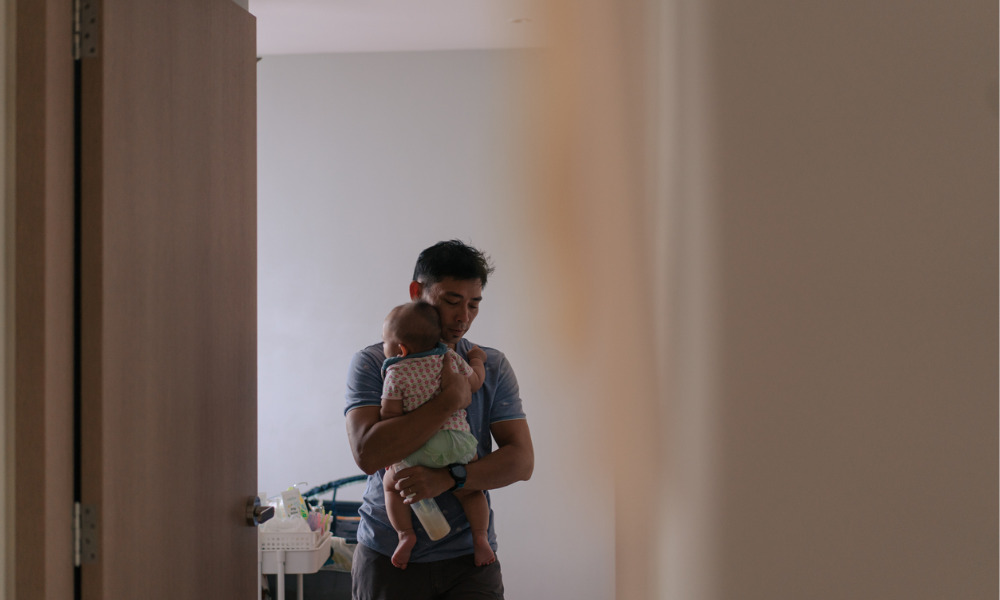
The court gave primary consideration to biological link and willingness to parent the child

In a recent family law case, the ACT Supreme Court ruled on the meaning of "parent" of the child under the Parentage Act.
The dispute in Zhi v Registrar General of the Australian Capital Territory [2023] ACTSC 262 revolved around the parentage of a child born to Jiaging Zhi while she was in a relationship with Qiqian Meng. Meng was registered as the child's father. The couple's relationship eventually deteriorated, leading to Zhi's decision to raise the child alone.
DNA evidence demonstrated that Xiaoyun Yan was the child's father. Zhi and Yan were later married and raised a second child together. Yan has cared for the child with Zhi since 2016 and wishes to be recognised as the child's parent. Meng has played no role in the child's upbringing since she was 14 months old and has shown no interest in playing an ongoing role as a parent in her life.
Zhi applied for a parentage decision under s. 19 of the Parentage Act of 2004 to record that Xiaoyun Yan is a parent of her child. A parentage application would establish Yan as the child's legal parent and necessitate a register change. In the alternative, Zhi sought orders under s. 16 of the Births, Deaths and Marriages (BDMR) Act to remove Qiqian Meng as the child's parent and include Yan as the father.
However, the Registrar General initially declined her application, citing various legal requirements, including the need for Meng's consent, the inability to locate him, and the lack of a presumption equating paternity to parenthood.
Zhi raised the matter to the ACT Supreme Court, which ultimately found it appropriate to declare that Xiaoyun Yan is the child's parent.
The court's decision hinged on interpreting the term "parent" in the Parentage Act. While the act did not offer a strict definition, the court noted that the term is defined in the Legislation Act 2001 to mean the child's mother, father or another person presumed to be the child's parent under the Parentage Act.
It was also clear to the court that a child could not have more than two parents at any time. The court noted that Meng was listed as a parent of the child in the register, and he had been in a domestic relationship with Zhi for some years at the time of the birth of the child. Accordingly, the court said he was presumed to be the child's parent pursuant to the Parentage Act. However, the court emphasised that such a presumption is inconclusive and may be rebutted by proof on the balance of probabilities.
The court considered that the word "parent" has a broad range of meanings in common usage, and the term may include genetic or biological parents, as well as a child's psychological or social parents, such as stepparents and grandparents.
The court observed that the act primarily considered biological parentage. The court also explained that a person's role in respect of a child well after birth would not appear relevant to consider whether that person is a parent within the meaning of s. 19 of the Parentage Act.
The court was ultimately satisfied that the evidence established that Yan was the child's biological father. He wished to be recognised as her parent. The court noted that Meng is not the child's biological father, and he has not expressed any wish to be recognised as the child's parent since soon after her birth.
Further, the court said that if considerations such as the role played by a person after birth and the "best interests of the child" are relevant to determining whether a parenting declaration should be made, those matters would also support making a declaration in this case.
Accordingly, the court declared Yan the child's parent, given his biological relationship with the child and his desire to fulfil a fatherly role.